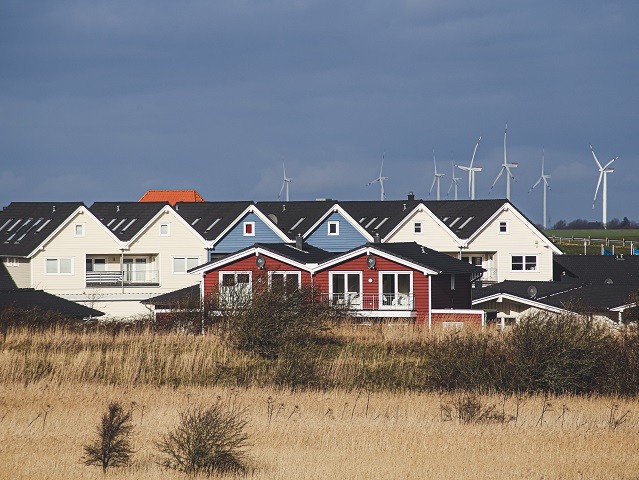Optimising the design and operation of local energy communities
Energy communities offer a decentralised and bottom-up approach to producing, managing and using energy. This makes them an optimal solution for energy islands in particular and for confined systems in general. Through this approach, renewables and other emerging technologies can be efficiently integrated while active "prosumers" and other players across the energy value chain support the community via advanced schemes and services. This will be key to the EU's climate change mitigation strategy. However, energy communities are complex to design and roll out due to multiple stakeholders with different interests, and multiple energy carriers such as renewables, transport, thermal, H2 storage and biomass. They may also take various legal and business forms such as partnerships and cooperatives. Against this backdrop, the eNeuron project aims to set out a practical and evidence-based framework for optimising the design and operation of local energy communities acting as energy hubs. "The energy hub concept offers a promising solution for seamlessly integrating multi-carrier energy systems," says project technical coordinator Dr Christina Papadimitriou, post-doc research fellow and special scientist with FOSS Research Centre of Sustainable Energy at the University of Cyprus. "The eNeuron project draws on this concept and provides tools to deliver scalable and replicable solutions for smart grids and smart cities." To achieve this, the team will map regulatory and technical bottlenecks with existing LECs before building new use cases and business models for use at different scales. They will draw on pioneering software and hardware solutions including a cloud-based management platform able to balance supply and demand dynamically from multiple energy carriers. Once refined, the eNeuron LEC framework will be put to the test at four pilot schemes: a city and its major energy nodes (Bydgozecz, Poland), a football stadium and its vicinity (Skagerak, Norway), a naval district with its own distribution grid (Lisbon, Portugal), and a university campus across several sites (Ancona, Italy). The overall purpose is to check the tool's effectiveness and replicability as a concept and solution for different local contexts. The project team comprises experts from Cyprus, Ireland, Italy, Norway, Poland, Portugal and Spain. They include technology providers, research centres, universities, public authorities and industrial companies. "Today, the European Union is keen to promote prosumer-oriented solutions which empower citizens in the energy transition," said project coordinator Dr Marialaura Di Somma, research engineer at ENEA, Italy, during the project launch meeting in mid-November. "eNeuron aligns perfectly with this goal – it sets out to show how integrated LECs, with optimal design and operation strategies and technologies, can be economically and environmentally sustainable in the short and long term. Prosumers, grid operators and technology providers will all stand to benefit from this project in the future." As local energy communities grow, citizens will enjoy cheaper energy thanks to the optimal use of local power sources. Carbon emissions will drop as a result of better integration of renewables and emerging technologies into local energy systems. And power grids will be more resilient and sustainable through the integrated approach of multi-carrier energy systems. eNeuron aims to be an advocated solution in this trend, another step in the vital energy transition. This project has received funding from the European Union's Horizon 2020 research and innovation programme under Grant Agreement N°957779.
Keywords
energy, smart cities, climate change, communities



